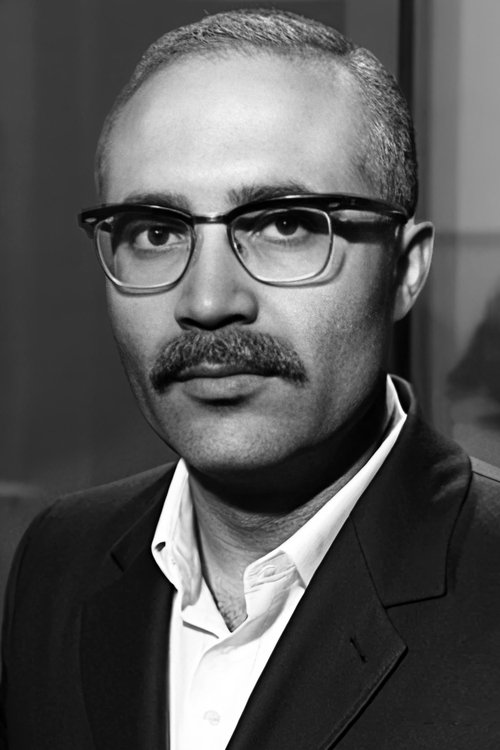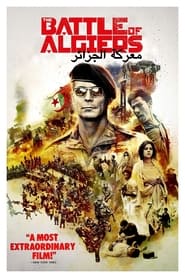detail profile si mohamed baghdadi

Si Mohamed Baghdadi
Mohamed Baghdadi
atau dikenal sebagai
Riwayat Hidup
Si Mohamed Baghdadi (in Arabic: سي محمد بغدادي), born on June 26, 1937 in Souk Ahras in Algeria, joined the historic Wilaya III in 1961 during the Algerian war of national liberation.
After Algerian independence, he had a career as a high-level athlete, winning the title of Algerian champion in the 800 m and 4x400 m, before occupying the position of president of the Algerian Athletics Federation from 1967 to 1969.
A distinguished professor of literature, a renowned writer, then censor at the El-Mokrani High School in Ben Aknoun, he had the respect of his colleagues and his students, the latter testify.
The late Baghdadi subsequently joined the Ministry of Youth and Sports, where he was director of the education and sports department and then secretary general.
He retired in 1986, before being elected to the position of President of the Algerian Olympic Committee (March 1988 – November 1989).
A human rights activist, Si Mohamed Baghdadi was a member of the Citizens' Committee for the Defense of the Republic (CCDR).
Participating in the animation of an associative movement, he created the National Association for the Defense of Children's Rights (ANADDE).
A sportsman, he was President of the Algerian Olympic Committee (COA).
An anti-globalization activist, he contributed to the creation of the Algerian Social Forum (FSA).
Finally, a storyteller and poet, he created the Atelier des Femmes Conteuses.
Also an actor, he played the role of Larbi Ben M'hidi in the film The Battle of Algiers (1966) by Gillo Pontecorvo.
After a rich life dedicated to education, sport and youth, Si Mohamed Baghdadi died on September 2, 2023.
Info Pribadi
Peran Yang Di Mainkan Si Mohamed Baghdadi
 Tracing the struggle of the Algerian...
Tracing the struggle of the Algerian...The Battle of Algiers 1966
Tracing the struggle of the Algerian Front de Liberation Nationale to gain freedom from French colonial rule as seen through the eyes of Ali from his start as a petty thief to his rise to prominence in the organisation and capture by the French in 1957. The film traces the rebels' struggle and the increasingly extreme measures taken by the French government to quell the revolt.
 In 1964 Algeria just two years after...
In 1964 Algeria just two years after...Les Mains Libres 1965
In 1964, Algeria, just two years after the end of the war of independence, found itself catapulted into new contradictions, a still rural territory which responded to the modernity brought by the revolution. Filmed during the winter of 1964-1965 by the young director Ennio Lorenzini, it is the first international Algerian production which paints a rare portrait in color of a multifaceted nation, far from the simplistic vision created by the press and the French army. Produced by Casbah Film, Les Mains Libres (initially titled Tronc De Figuier) bears witness to the stigmata of colonization and the future of free Algeria throughout the Algerian territory and reveals the richness of its landscapes and the diversity of its traditions . The documentary, using the aesthetics of militant cinema of the time, is made up of four scenes: Sea and Desert, The Struggle, The Earth, Freedom.
